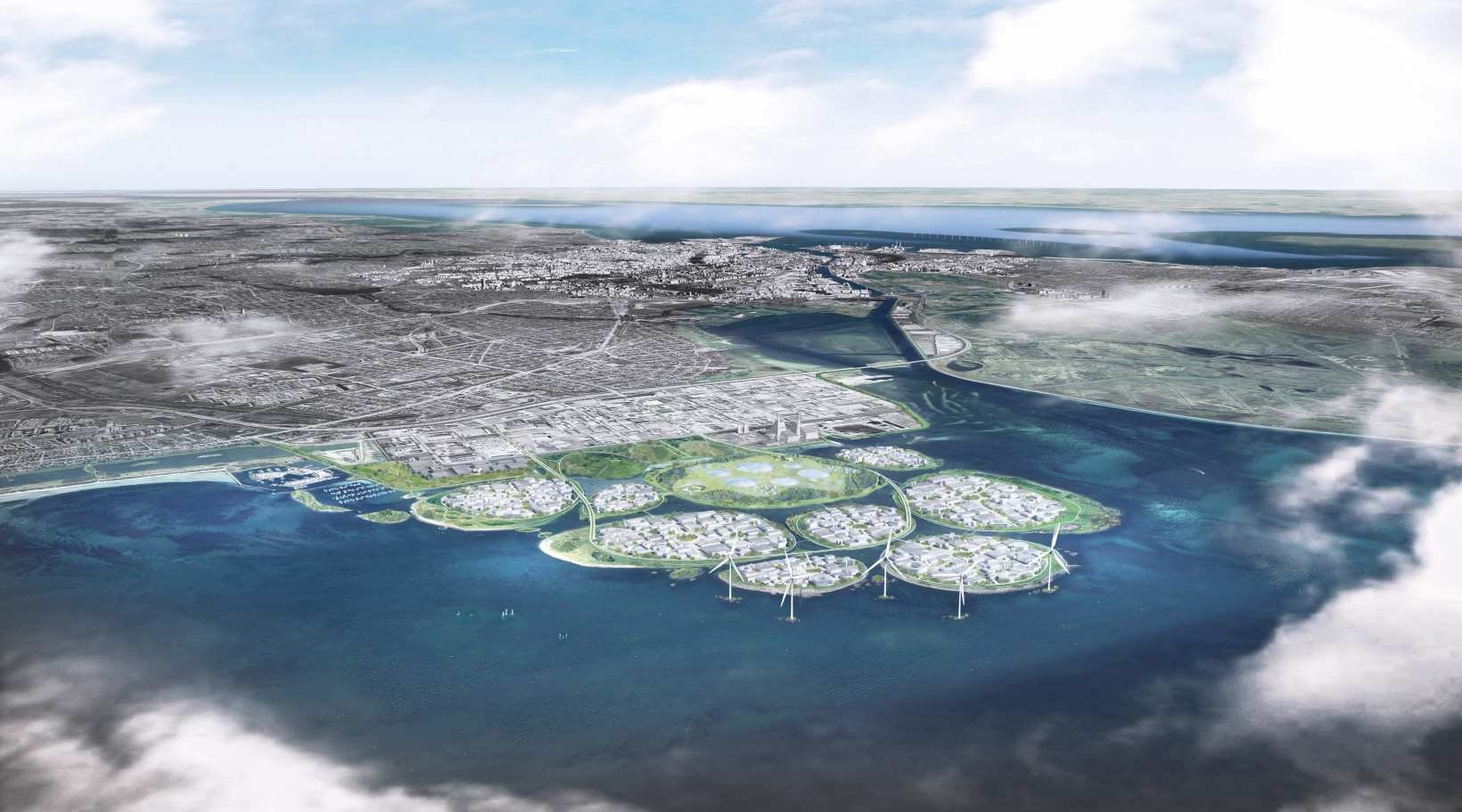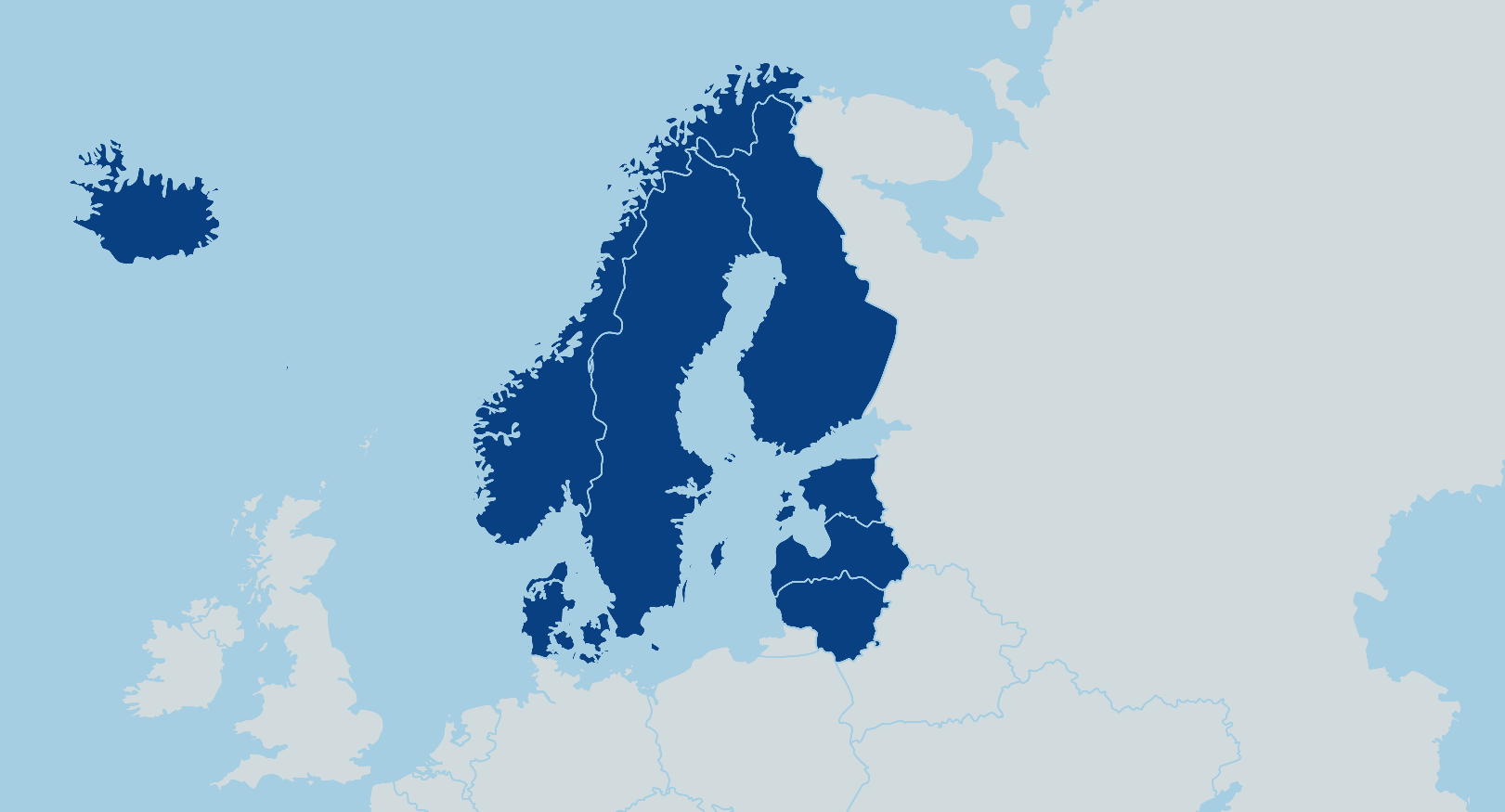Chasmic wealth gaps, soaring crime rates, exorbitant living costs, and horrifying homelessness… no wonder everyone dreams of being “the next Silicon Valley.”
The latest bearer of the nickname is Cambridge, England. Under new government plans, billions of euros will be poured into new houses, business parks, laboratories, and science hubs in the city. The investment reportedly aims to create “the Silicon Valley of Europe.”
The city joins a growing list of places to earn the tired tagline. It’s a particularly prevalent desire in Europe, where half the continent seems to have earned the ambitious epithet. Here are six leading contenders for the title.
1. The UK
British politicians have long aspired to replicate the Bay Area’s magic formula. In January, Chancellor Jeremy Hunt made yet another proposal to make the UK the “next Silicon Valley.”
“If anyone is thinking of starting or investing in an innovation or technology-centred business, I want them to do it in the UK,” said Hunt.
His vision combines lower taxes and post-Brexit regulations with the country’s established strengths in tech, science, and financial services. Critics have proven sceptical about the lofty ambitions.
2. Danish islands

In 2019, Danish politicians unveiled plans to build nine artificial islands south of Copenhagen. Dubbed Holmene, the project aims to create a futuristic tech zone.
“I think this could become a sort of European Silicon Valley,” Brian Mikkelsen, the head of the Danish chamber of commerce, told TV2 television.
The first plots of land were expected to go on sale in 2028. The entire project was slated for completion by 2040.
3. Ireland
Ireland’s tax regime and IT talent have attracted many tech giants to make the emerald isle their European home.
The country also uniquely combines EU and Eurozone membership with strong links to the US and UK — an enticing package for global corporations. Such allures clearly caught the eye of Brian Halligan, the co-founder of Hubspot.
“Ireland has the chance to be the Silicon Valley of Europe, for sure,” Halligan told Silicon Republic in 2018.
4. Plateau de Saclay, France
The French government has poured cash into an emerging tech hub in Plateau de Saclay, a research and business cluster in the south of Paris. Launched by former president Nicolas Sarkozy, the district mingles tech firms with higher education institutes.
“Saclay is a home to excellence unique in France and could become a French Silicon Valley,” said Christian Blanc, the minister leading the project, back in 2009.
The progress since then has been bumpy. While successful companies and research have emerged, the region has been beset by problems with housing and accessibility.
5. The Nordic-Baltic region

Our newest entry to the list combines Nordic and Baltic states. In May, Estonian Prime Minister Kaja Kallas unveiled plans to merge the countries into a tech superpower.
“We are too small to go alone, but the Nordic-Baltic region together has a population of 33 million and generates around 2% of global GDP,” said Kallas. “By working smartly together, we can develop a private equity and venture capital ecosystem which is both sizeable and agile, and thus attractive to large investors in third markets.
“Putting assets together could also create more sizeable tickets from large institutional players. In other words, instead of competing, we can build a new Silicon Valley — let’s call it the New Nordic Tech Valley.”
6. Berlin, Germany
Berlin’s steady stream of skilled labour, EU membership, and (relatively) low living costs have frequently sparked hopeful comparisons to Silicon Valley.
The city’s IT sector is best known for thriving startups, but tech giants have also been drawn to the “poor but sexy” German capital.
“There is no other city like Berlin where the spirit of pioneering and innovation is so strong,” said Christian Illek, Microsoft’s then-general manager for Germany, in 2014. “If we succeed in implementing the ideas of startups into successful business models, Berlin will become Europe’s Silicon Valley.”
As this list shows, various contenders for that title have emerged in the intervening years. None of them has fulfilled the promise yet, but at least they’ve found a catchy marketing slogan.






